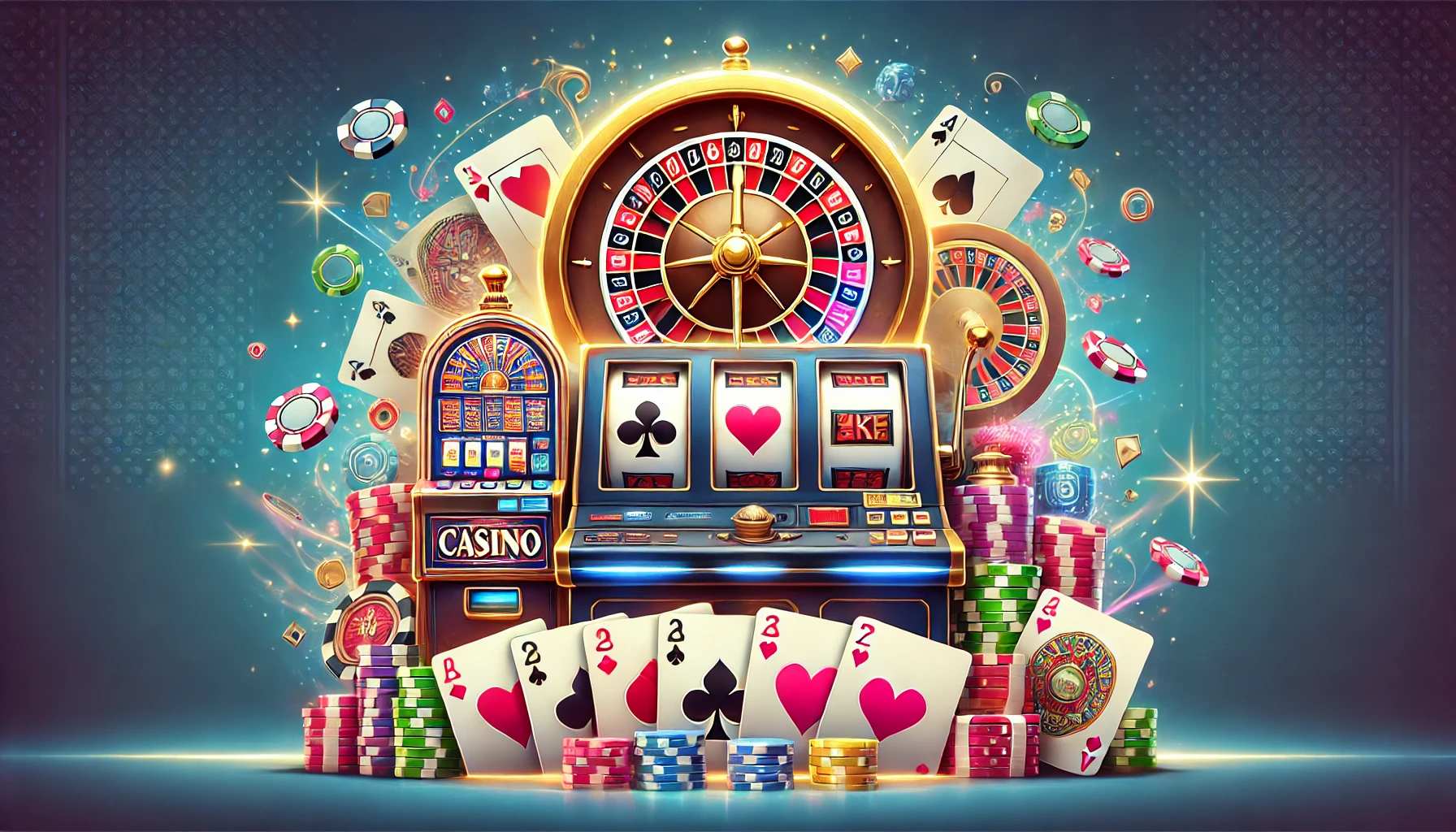Are you looking to know Return To Player (RTP) in Online Gambling – Understanding the Odds then read this article to find out Return To Player (RTP) in Online Gambling – Understanding the Odds

RTP, or Return To Player, is the percentage of all money wagered on a game that is paid back to players over time. For example, if a slot has an RTP of 95%, it means that for every $100 wagered, the game is expected to return $95 to players in the long run. The remaining $5 represents the casino’s profit, often called the house edge.
RTP values are tested by developers and independent agencies to ensure fairness. However, results in a short session may differ — you could win big or lose quickly — because outcomes are generated by a Random Number Generator (RNG). RTP is a long-term average, not a prediction for every spin.
Basics of RTP
Here are some key points to remember:
- RTP is always expressed as a percentage.
- It reflects results over millions of game rounds, not single plays.
- Games like roulette, blackjack, and baccarat also have RTPs, though the house always holds an advantage.
- Operators risk losing players if they set RTPs too low.
For example, European Roulette has an RTP of about 97.3%. While short-term wins and losses may vary, over time, results generally align with this percentage.
How RTP is Calculated
The formula for RTP is simple: total amount won by players ÷ total amount wagered. If a slot has an RTP of 96%, players can expect to get $96 back for every $100 bet, on average. Taking advantage of an online pokies no deposit bonus can be a great way to experience these slots without risking your own money. Still, this is theoretical and does not guarantee specific outcomes for individual players.
House Edge
The house edge is the casino’s built-in advantage. For instance, American Roulette has a higher edge (around 5.3%) because of the extra “00” pocket compared to European Roulette. Knowing the house edge helps players compare which games may offer better returns.
Why RTP Matters
- Better decisions: Comparing RTPs lets players choose games with more favorable odds.
- Fairness: Reputable casinos openly share RTP values, often verified by independent auditors.
- Money management: Understanding RTP helps players set realistic expectations and manage their bankroll wisely.
Factors Influencing RTP
- Game design: Slots often have lower RTPs than table games.
- Providers: Different software developers set different payout structures.
- Variants: Game versions can have different RTPs depending on features.
- Jackpots: Progressive jackpots may slightly lower base game RTPs.
RTP and Regulation
Different countries set minimum RTP requirements. For example, Malta requires at least 85% RTP, while the UK recently raised standards even higher. Games are regularly tested to ensure compliance and fairness.
Conclusion
RTP is a key tool for players to understand odds, fairness, and long-term returns in online gambling. While it does not guarantee individual outcomes, it helps players make smarter choices, manage money, and enjoy the experience more responsibly. Always treat gambling as entertainment, know the RTP, and play within your limits.